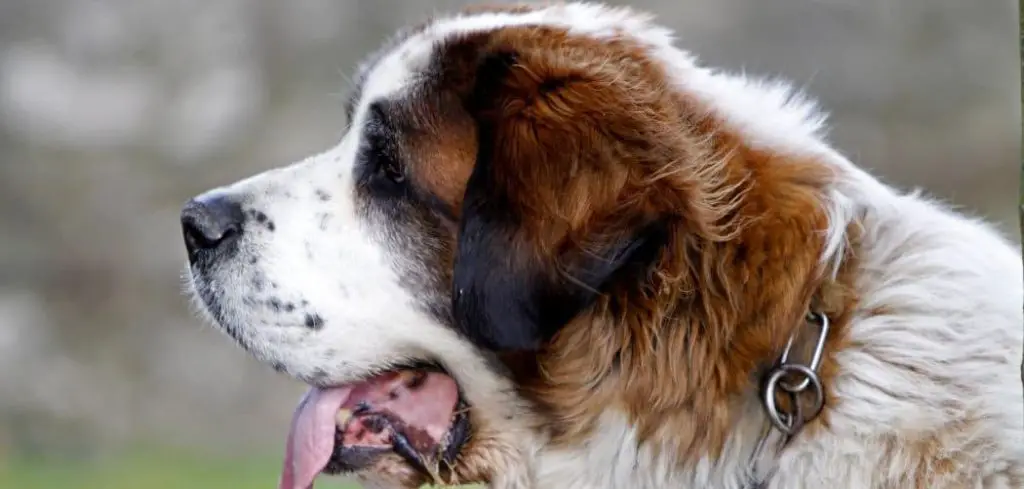When your dog starts panting like crazy, it’s hard not to worry. Unlike normal panting after play or during warm weather, excessive, relentless panting—especially when out of context—often signals that something is wrong internally or emotionally.
We outline the common causes of dog panting like crazy, what you can do at home, and when to seek veterinary help.
Dog Panting Like Crazy — Why It Happens
Dogs may pant heavily due to heat stress, pain, anxiety, hormonal imbalances, or underlying illness. While panting is a normal way for dogs to cool themselves, excessive panting that starts suddenly or happens in cool conditions is a red flag. It’s a symptom that deserves immediate attention.

Common Causes of Dog Panting Like Crazy
Heatstroke
Overheating is one of the most dangerous causes of extreme panting.
Dogs can’t sweat like humans, so they rely heavily on panting to lower their body temperature. But in extreme heat or with overexertion, panting becomes frantic.
You may also notice drooling, bright red gums, unsteadiness, or even collapse.
Immediate cooling and emergency veterinary care are vital—heatstroke can lead to multi-organ failure.
Pain or Injury
Dogs in significant pain often pant excessively as a response to distress.
This might be due to injuries, internal discomfort, arthritis flare-ups, or undiagnosed illnesses.
Other signs include restlessness, whining, avoiding touch, or hiding.
If your dog is panting uncontrollably and seems uncomfortable or stiff, pain management and diagnosis are essential.
Anxiety or Panic Attacks
Emotional distress is a common but often overlooked cause of crazy panting.
Separation anxiety, loud noises (like thunderstorms), or travel can trigger extreme stress responses.
Panting may come with pacing, shaking, drooling, or trying to escape or hide.
If behavioral triggers are identified, management may include desensitization training or anti-anxiety medications.
Read more: Dog Panting and Shaking (Common causes)
Cushing’s Disease
This hormonal disorder results in excessive cortisol, which can cause chronic, heavy panting.
Cushing’s dogs often seem anxious, drink and urinate more, and may have hair loss and a bloated belly.
Because the panting can occur even in rest or during sleep, it may seem especially strange.
Diagnosis requires blood tests and ultrasound, and treatment can significantly improve symptoms.
Respiratory Distress
Dogs that are struggling to breathe may pant rapidly or heavily.
This can be due to laryngeal paralysis, tracheal collapse, pneumonia, or heart failure.
Other warning signs include noisy breathing, blue gums, coughing, or open-mouth breathing.
This is an emergency—immediate veterinary evaluation is necessary to prevent respiratory failure.
Fever or Infections
Infections that cause fever raise internal body temperature, leading to intense panting as the dog tries to cool down.
Look for lethargy, reduced appetite, nasal discharge, or localized swelling.
Feverish dogs often feel warm to the touch and may withdraw socially.
Treatment involves identifying and addressing the underlying infection with appropriate medication.
What to Do If Your Dog Is Panting Like Crazy
First, move your dog to a calm, cool space with plenty of air circulation.
Check their gum color—bright red, pale, or blue gums indicate a possible emergency.
Take note of the room temperature and recent activity (e.g., exercise or sun exposure).
Offer cool (not cold) water and avoid exertion.
If the panting persists longer than 15–20 minutes or seems unrelated to heat, call your vet.
Document any accompanying symptoms like vomiting, shaking, limping, or behavior changes.
When to Call or Visit Your Vet
Seek urgent veterinary care if your dog:
Is panting heavily and hasn’t been physically active
Shows signs of distress, disorientation, or collapse
Has pale, red, or blue gums
Is shaking, whining, or hiding
Has a known medical condition and the panting worsens suddenly
Panting like crazy is not just about cooling down—it’s often your dog’s way of signaling that something is wrong.
Read more: Dog Panting and Not Eating (Is it more than just heat?)
Key Takeaway
If your dog is panting like crazy, don’t assume it’s normal—even if the weather is warm.
Underlying conditions like pain, illness, anxiety, or hormonal imbalance could be to blame.
Quick observation, a cool environment, and professional guidance will help you determine what’s going on and how to respond appropriately.
